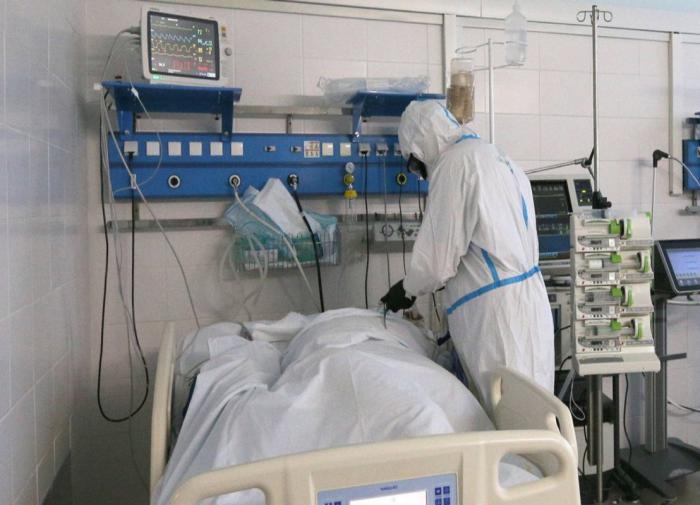Surviving America’s Industrial Manufacturing, Quality Centric Health Care System

"We see the hospital as a factory and our hospitalist group as an assembly line that is in the business of manufacturing perfect discharges.”1 These words are not hyperbole. They are the exact words written by David J. Yu, MD, MBA, Medicare & DSNP Medical Director, Presbyterian Health Plan, Albuquerque NM. Yu cites the work of management guru W. Edwards Deming as a major authority for this approach to patient care. Deming's business principles have been given much of the credit for Japan's industrial revival after World War Two…Theory is not practice. Ever since management and business school "experts” took charge of health care in the 1970s and 1980s not only have medical costs not decreased they have skyrocketed. There was no health care crisis in the 1970s and 1980s.2 It was manufactured by the medical industrial complex composed of hospitals, insurance companies and drug companies for their own financial gain.” Arthur H. Gale, MD, The Hospital as a Factory and the Physician as an Assembly Line Worker, Missouri Medicine, 2016I recently spent 12 days in a large hospital in the state of Virginia and 16 days in a rehabilitation center in the same state. I had contracted COVID and went to the emergency room on July 3 at the suggestion of a doctor at a walk-in clinic. An EKG screening showed that I had atrial fibrillation and I was admitted to the hospital for observation and treatment. Another illness (colon cancer) reared its head and I ultimately went into hypovolemic shock and required emergency surgery to remove a tumor, clean up infected lymph nodes, and generally repair my insides. I now have colon cancer with liver metastasis in addition to prostate cancer with metastasis which has traveled to portions of my skeletal system.You might say I've "doubled my pleasure and doubled my fun.” Hey! You have to have a sense of humor about these matters.The hospital care system is, in fact, an industrial, assembly line operation. Because of this, doctors and nurses do not have time to develop relationships or spend a lot of time with patients. Doctors must make rounds that allow maybe 5-10 minute of time with the patient. Floor nurses are overworked having to respond to calls from different patients and they must prioritize those calls based on critical need. Wait times for assistance from a nurse can feel like a long time when you are sick. "The time that the health professional has with the patient, and the time spent communicating with the next health professional in the chain (often a significant part of the overall cost of a distinct episode of care) is now rationed to that which is deemed essential. This hinders professionals' ability to establish a significant therapeutic relationship with the patient. Concerns that may arise with the patient that are not easily quantified, and consequently not documented, may also be lost.” Medical Journal of Australia. iMaking cars and making health care: a critical review, Sarah Winch and Amanda J. Henderson, 2009. Total Quality Madness The hospital system has become a depersonalized manufacturing process based on Total Quality Management (TQM), or some form of quality control, deriving from Toyota's Lean Engineering or Just in Time (JIT) manufacturing popularized in the 1980's and 1990's. Health care these days is truly an industrial manufacturing process which is tied in many cases to Medicare requirements and billing. TQM/Quality Control Practices are supposed to "manufacture” increased customer/patient satisfaction but the hospital experience made me feel like I was little more than a damaged automobile traveling the assembly line and being worked on by different mechanics.TQM is described as this:
Most Read